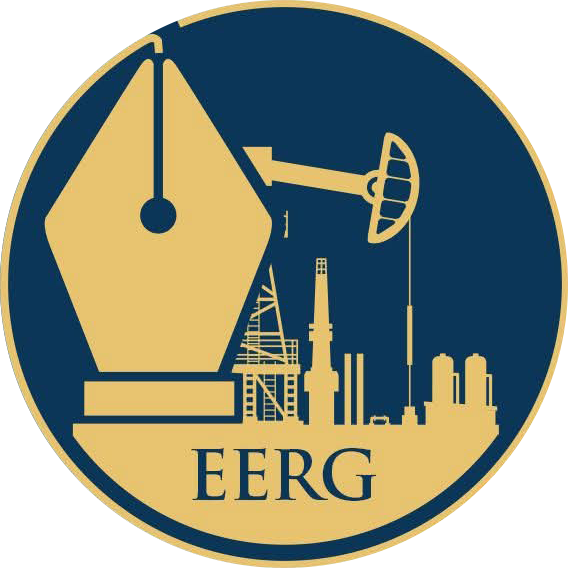Fuel consumers in Ghana are enjoying some relief at the pumps as petrol and diesel prices see a decline, but energy analyst Kwadwo Poku has cautioned that the reduction may not last long.
According to him, the current drop in prices is largely influenced by short-term factors, including a temporary stabilization of the cedi, rather than a sustained improvement in the global oil market or domestic economic fundamentals.
Poku, who serves as Executive Director of the Institute for Energy Policies and Research (INSTEPR), explained that the Bank of Ghana’s interventions to manage the exchange rate are keeping the cedi relatively stable.
However, he warned that this stability may be difficult to maintain due to underlying fiscal challenges and rising public expenditure pressures.
“While consumers will experience some relief in this pricing window, the reality is that global crude oil prices remain volatile, and the cedi’s value is being artificially supported,” Poku said.
“Once the Central Bank adjusts its interventions or if the dollar strengthens, we could see fuel prices rising again.”
Industry data indicates that petrol prices are expected to drop by about 5.2%, while diesel could see a reduction of between 6% and 8% in the current pricing window. Liquefied petroleum gas (LPG) prices are also projected to fall slightly due to global supply adjustments.
However, experts like Poku believe that Ghana’s dependency on imported petroleum products and the unpredictable nature of global oil markets mean such reductions are rarely sustainable.
He added that the government should take this opportunity to strengthen local refining capacity and improve energy sector efficiency to cushion the economy from external shocks.
Despite the temporary drop, market watchers warn that any depreciation of the cedi or upward movement in global oil prices could reverse the gains quickly, pushing pump prices back up in the coming weeks.
The coming months will therefore test whether the current price relief is the start of a trend or just another brief pause before another round of increases.

